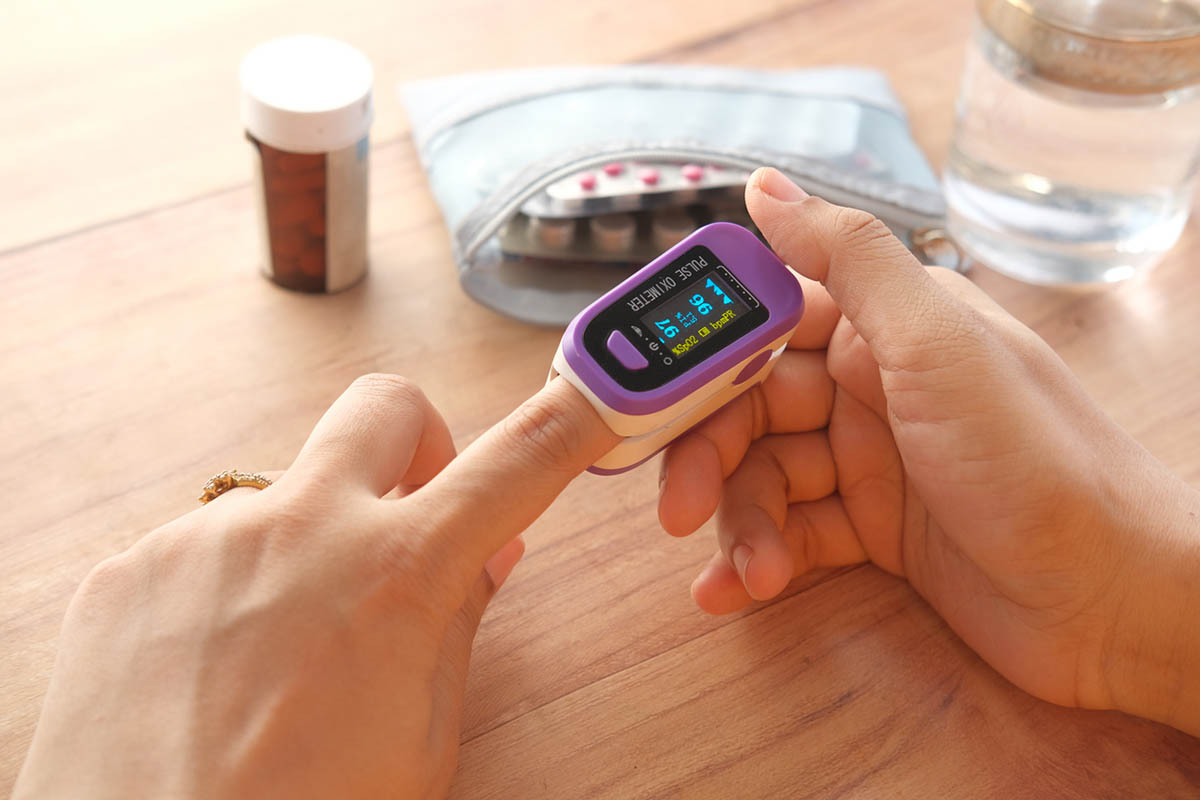Background: Current guidelines for antidepressant use recommend 4 to 6 months of continuation treatment to prevent relapse of depression following symptom resolution. This study evaluates the efficacy and safety of continuation escitalopram treatment.
Method: Outpatients diagnosed with DSM-IV major depressive disorder (male or female, aged 18 to 81 years) who had completed 8 weeks of randomized double-blind treatment with escitalopram, citalopram, or placebo entered an 8-week flexible-dose, open-label phase in which all patients received escitalopram (10-20 mg/day). This study was initiated November 3, 1999, and completed April 5, 2001. Patients who met responder criteria (score of = 22 or discontinuation due to an insufficient therapeutic response) from the start of the double-blind treatment phase.
Results: A total of 502 patients received open-label escitalopram treatment and had at least 1 MADRS assessment. A total of 274 evaluable subjects entered the double-blind treatment phase; 93 received placebo and 181 received escitalopram. Time to depression relapse was significantly longer (p = .013) and the cumulative rate of relapse was significantly lower in patients who received escitalopram (26% escitalopram vs. 40% placebo; hazard ratio = 0.56; p = .01). Escitalopram-treated subjects had significantly lower depression ratings than those of placebo-treated patients. Escitalopram continuation treatment was safe and well tolerated. Discontinuation rates due to adverse events were 7% for the placebo group and 4% for the escitalopram-treated group.
Conclusion: Continuation treatment with escitalopram is effective in preventing relapse into an episode of major depressive disorder.
Author Affiliations

Enjoy free PDF downloads as part of your membership!
Save
Cite



